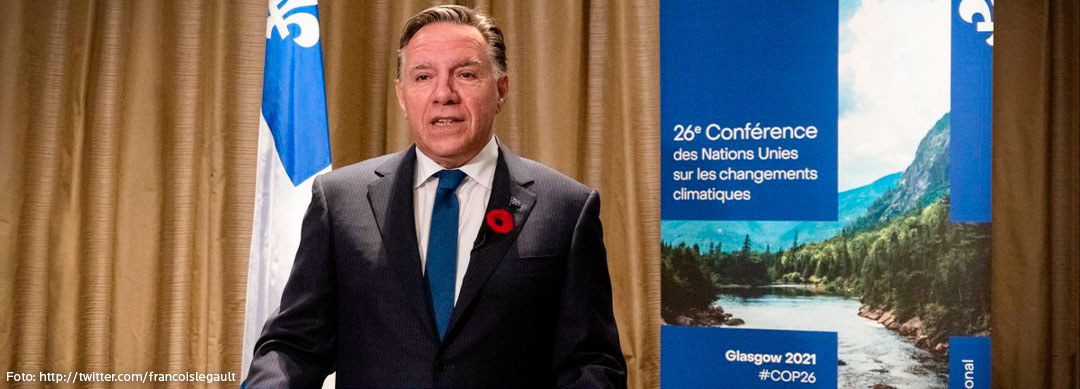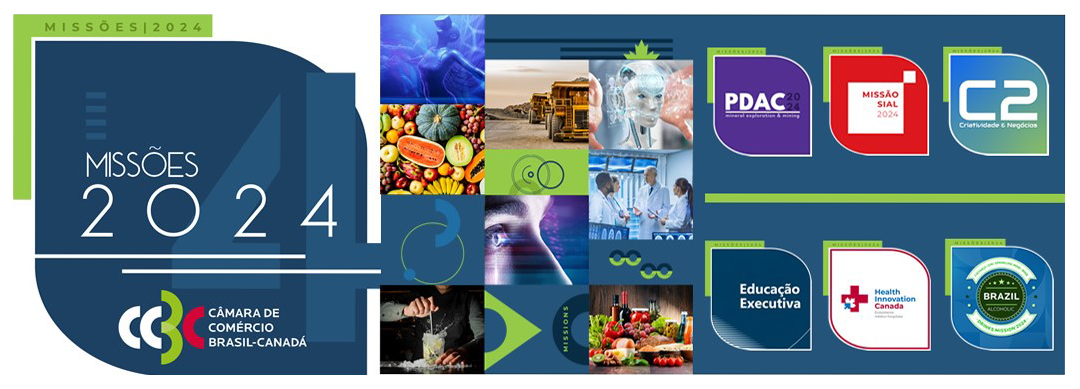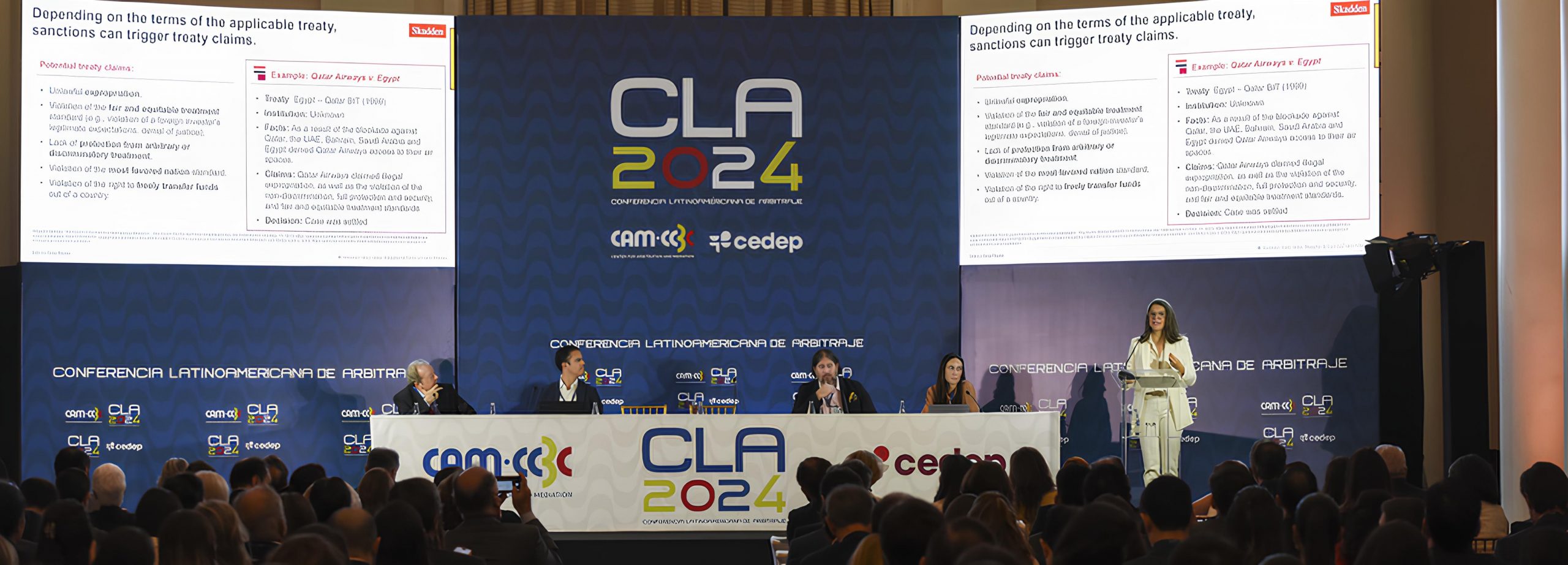Virtual event promoted by CCBC brings a report from the Québec delegation who attended the conference
The seriousness of the climate emergency process was emphasized again at the end of last year, with the 26th United Nations Climate Change Conference– COP-26. On the occasion, the 200 participating countries signed an agreement to try to ensure compliance with the goal of limiting global warming to 1.5°C above pre-industrial levels (as established in the Paris Agreement in 2015), reducing carbon dioxide emissions by 45% by 2030 compared to 2010 levels.
Aware of the importance of the issue, the Natural and Urban Environment Committee of the Chamber of Commerce Brazil-Canada (CCBC) promoted, in December 2021, a webinar in which it brought together representatives of the Government of Québec and Québec companies to report on their participation during COP-26.
The event began with a presentation by the Advisor for Economic Affairs of the Québec Office in São Paulo, Luis Antonini, who explained to the participants the prominent role that Québec plays in terms of fostering innovation and the development of clean technologies – such as those related to renewable energy sources, for example.
Next, the senior advisor to the Québec Ministry of the Environment and the Fight against Climate Change, Michèle Fournier, went into more detail on the steps for implementing the Paris Agreement – in which the region has been legally bound since 2016. She explained the importance of COP-26 and the parallel participation of subnational governments, non-governmental organizations and companies – and Quebec’s contribution to these discussions. “We have a lot to share in terms of expertise and practices. An example is our Plan for a Green Economy 2030,” she said. This plan, launched by the Québec government at the end of 2020, involves electrifying the local economy and replacing fossil energy sources with renewables, in addition to other environmental goals. The goal is to reduce greenhouse gas emissions in the province by 37.5% below 1990 levels by the end of the decade.
As a result, five commitments were announced by Québec during the conference: an end to fossil fuel exploitation; investments of US$ 5 billion in electric buses; US$10 million contribution to the UN Adaptation Fund; use of a 100% clean public vehicle fleet between 2035 and 2040; and support for greenhouse gas reduction initiatives in two economic sectors in Québec. The province also became one of the founding members of the Beyond Oil and Gas Alliance (BOGA) group, which brings together governments committed to phasing out fossil fuel production and ending new licensing rounds for oil and gas production.
Fournier also recalled that the Québec delegation brought together a series of government authorities, as well as more than 20 companies and sectoral associations, as well as representatives of workers, indigenous peoples and young people, among others.
The business perspective
The experiences of the two business representatives of the Québec delegation were also shared with the webinar participants. Viridis Terra CEO Martin Beaudoin Nadeau presented the solution developed by his company for the restoration of degraded lands through biotechnology – thereby restoring ecosystems that have been heavily impacted by industrial or extractive activities.
The Chief Energy Transition Officer of BrainBox AI, Nicolas Bossé, discussed the work that the company has been developing for the decarbonization of buildings, through retrofits that make it possible to optimize energy use through artificial intelligence solutions. Based in Montréal, the startup already operates in several parts of the world – including Brazil.





